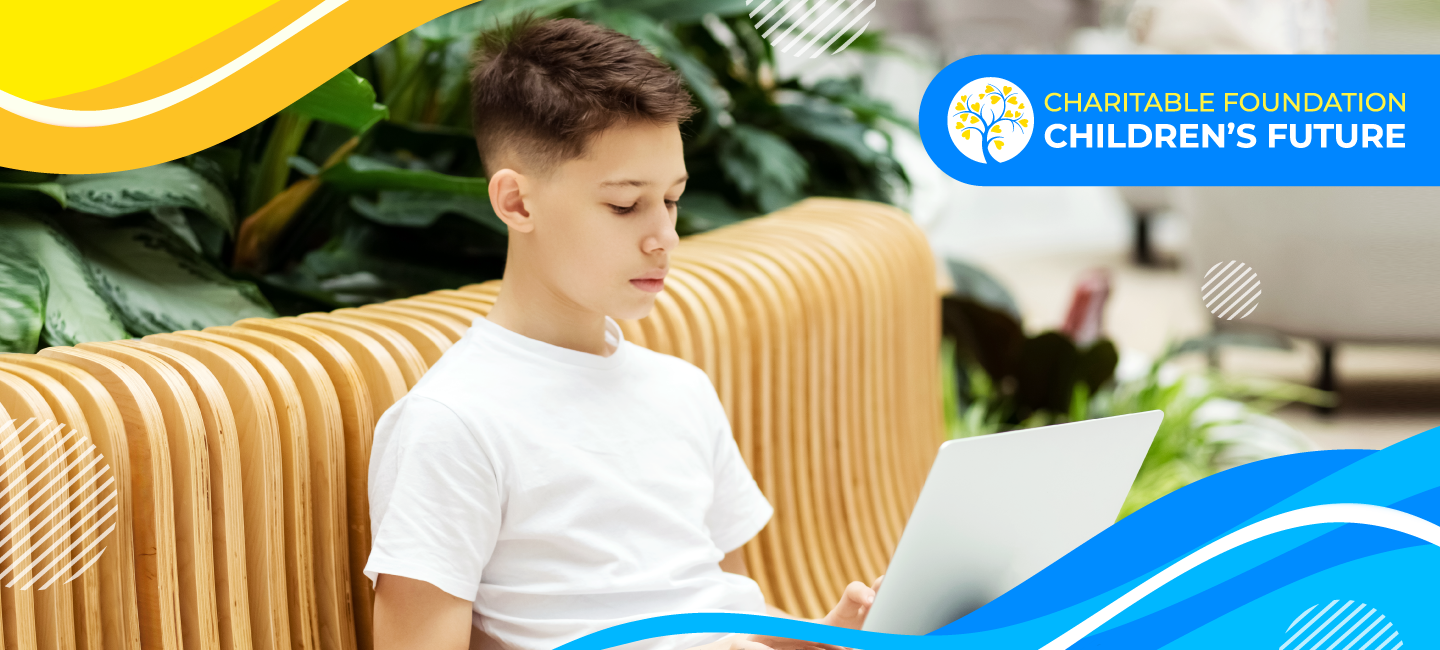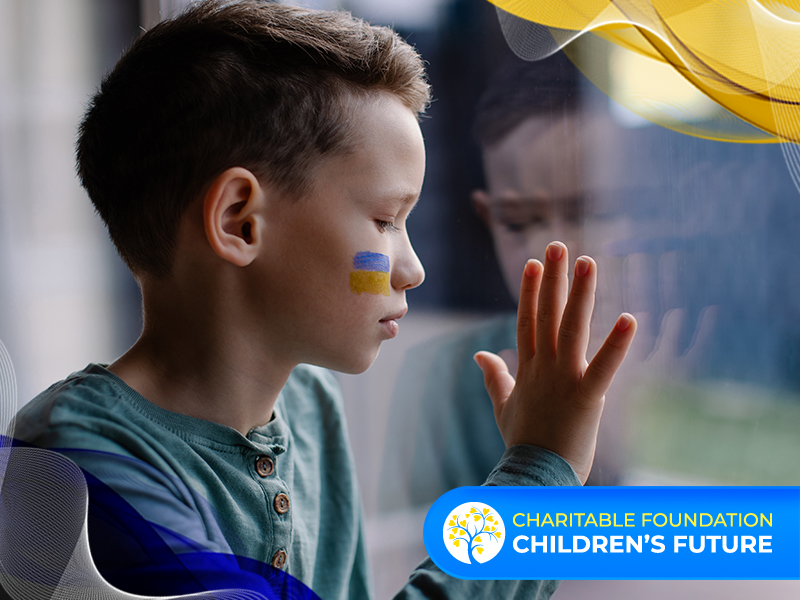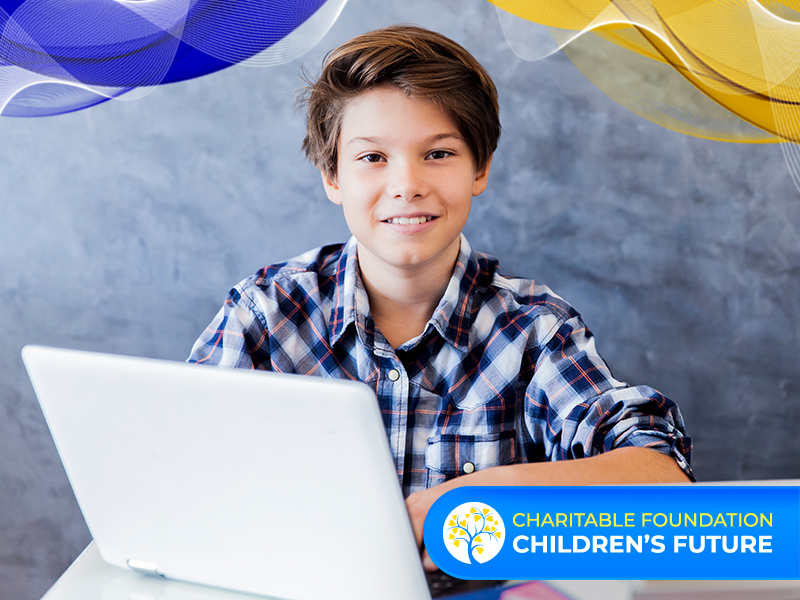Every child needs attention and protection, especially when facing difficult life situations. It is crucial to work on restoring emotional balance and ensuring access to quality education for children with PTSD. Why is this important, what features should be considered, and how can we help students? We will discuss this in this post.
What is PTSD?
Post-Traumatic Stress Disorder (PTSD) is a psychological condition that often develops after experiencing a traumatic event. Symptoms may not appear immediately but usually manifest within 3-6 months after the event. This can lead to parents and teachers not associating negative changes in behavior or difficulties in learning with a specific trauma. Adults may mistakenly attribute these issues to age-related crises or disobedience. It is essential to show understanding and provide timely help and support to the child.
Why is Education Important in the Toughest Times?
Education for children with PTSD is not just about gaining new knowledge and skills but also about believing in the future and finding their place in the world where everyone deserves success.
● Restoring Stability. The process of education is associated with a structured program, a clear schedule, and certain responsibilities. This routine is especially important for children with PTSD.
● Unleashing Potential. Education allows children with PTSD to showcase their talents and abilities, which is important for self-identity.
● Improvement. Children with PTSD may fixate on their traumatic experiences. Education helps shift focus, expand perspectives, and motivates self-development.
How Should Parents and Teachers Act?
Firstly, it is important to understand that PTSD can affect children's cognitive skills. Therefore, some students may experience difficulties with perception, comprehension, and memory. Education for children with PTSD requires a personalized approach and close cooperation between the school and family.
Teachers can use differentiated instruction techniques, adapting lessons and homework to the specific needs of a child with PTSD. This makes education accessible to every student regardless of their competencies or capabilities. Parents should create a positive environment at home, fostering the child's development as an individual and allowing them to freely express their feelings and emotions.
Education for children with PTSD will be more successful if students acquire self-regulation skills. From an early age, they need to learn to understand their emotions, evaluate actions, and analyze behavior in various situations. Simple exercises, such as breathing techniques or physical activities, can help them manage themselves even in challenging conditions.
What Should Not Be Done If a Child Has PTSD?
Education for children with PTSD involves not only recovering from traumatic experiences but also understanding what is ineffective or even harmful. It is necessary to avoid actions that can negatively impact the emotional state of the student.
● Do not criticize. Phrases like "calm down," "stop crying," or "pull yourself together" are unlikely to promote the development and education of a child with PTSD. Instead, it is better to listen, focus on support and understanding.
● Do not raise your voice. Yelling, a harsh tone, and orders instead of requests will only increase stress levels. Communication should always be calm and friendly.
● Do not devalue feelings. It is important to respect and acknowledge the child's feelings, even if they seem exaggerated. Do not ignore traumatic experiences, but also do not emphasize them constantly.
● Do not demand high achievements at any cost. Excessive pressure will not contribute to the successful education of children with PTSD. It is better to support them without unrealistic expectations.
Remember, education for children with PTSD involves understanding and using positive approaches that promote psychological recovery. The Charitable Foundation "Children’s Future" provides scholarships to the most vulnerable students, including those with post-traumatic consequences and health issues. We are ready to help everyone get an education in a comfortable environment. Contact us if you need support, or join our charitable initiatives!

















